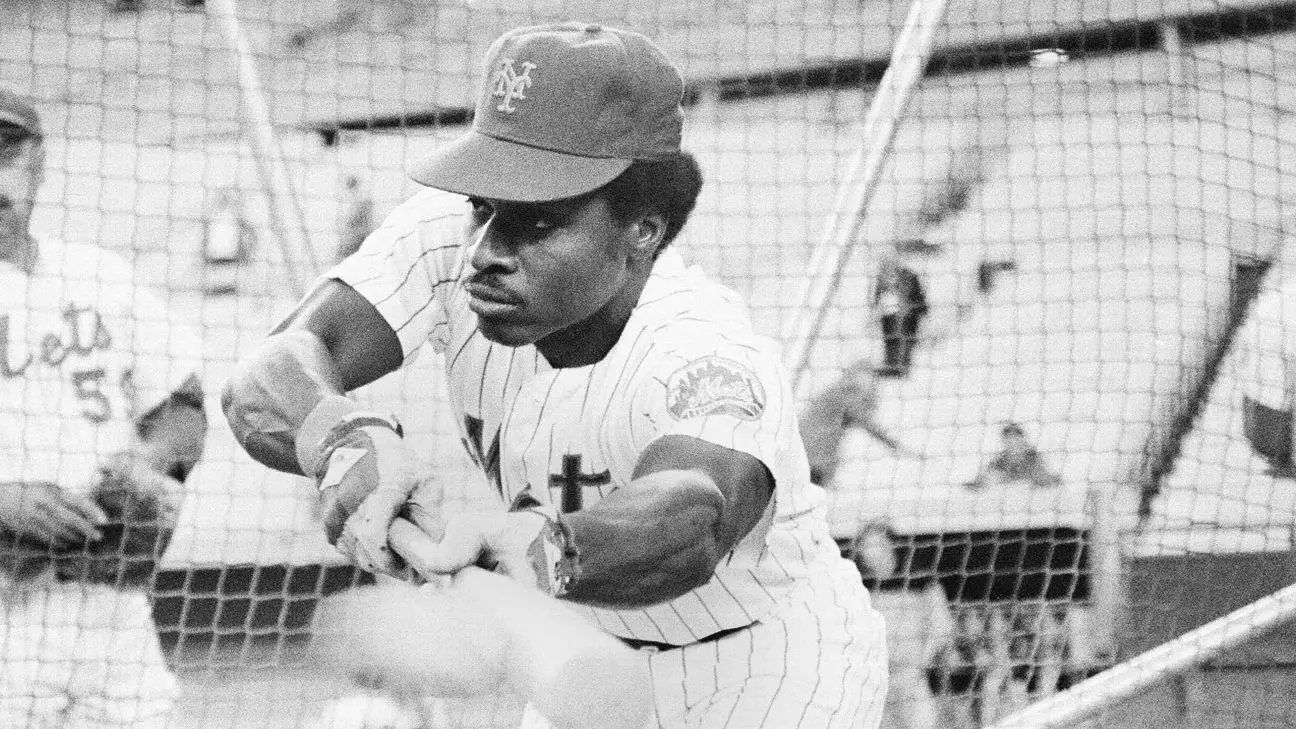Lenny Randle, a former major league baseball player, left an indelible mark on the sport through both his on-field performance and his colorful life off the diamond. His passing at the age of 75 in Murrieta, California signals not just the loss of a talented ballplayer, but also a unique personality who enriched the game with moments that transcended mere statistics. Randle’s life story is like a riveting novel, filled with unexpected twists, significant achievements, and a few controversial choices that captured public attention.
Randle’s athletic journey began in earnest at Arizona State University, where he not only played baseball but also excelled in football. His successful tenure culminated in helping the Sun Devils clinch the 1969 College World Series. Subsequently, he was selected as the 10th overall pick in the secondary phase of the 1970 amateur draft by the Washington Senators, breaking into the major leagues in 1971. Though his career batting average of .257 and statistics—including 27 home runs and 322 RBIs—paint a picture of a competent athlete, it was truly his vibrant personality that cemented his place as “The Most Interesting Man in Baseball,” a title he earned from Rolling Stone magazine and later featured in an MLB Network documentary.
Randle’s career was characterized by a series of unforgettable events that far outshone the typical achievements of a seasoned player. Known not just for his skills but also for his flair, Randle became a participant in several high-profile incidents that showcased his audacity. For instance, Randle was infamously positioned on the bench during the Senators’ last game in 1971, which was marred by a field invasion. He sparked a bench-clearing brawl in 1974 after bunning to collide with pitcher Milt Wilcox. Randle’s reputation for being at the center of controversy extended to the infamous “Ten Cent Beer Night” riot in Cleveland later that same year, a chaotic episode that remains etched in baseball history.
One of the most surreal moments occurred on July 13, 1977, when the power went out during a game at Shea Stadium. Randle found himself poised in the batter’s box, an image that exemplified both the unpredictability of the game and Randle’s vibrant involvement in its fabric. Additionally, he faced unique challenges after the tragic death of catcher Thurman Munson in 1979, stepping into a leadership role as he replaced him on the Yankees’ roster, a period marked by both grief and transition for the team.
However, Randle’s story also includes conflicts that led to significant repercussions. The most infamous incident occurred on March 28, 1977, when he physically assaulted Rangers manager Frank Lucchesi after losing his position as a starting second baseman. This incident was emblematic of Randle’s fiery temperament and his frustrations with the business side of baseball. The confrontation resulted in Lucchesi suffering serious facial injuries and Randle facing suspension, fines, and legal scrutiny. He later expressed remorse for his actions, stating, “I never thought it would come to this,” a reflection on how life can take unexpected turns.
Despite these transgressions, Randle managed to navigate a tumultuous career, moving through multiple teams and culminating in his time in Italy’s baseball league, where he delighted in a more relaxed approach to the game. “Playing baseball in Italy was like finding the fountain of youth,” Randle said, highlighting how it allowed him to reconnect with his love for the sport.
Randle’s impact extended beyond the baseball diamond. He ventured into comedy and music, showcasing his versatile talents and underlining an ability to engage the audience in numerous ways. His post-baseball life included stand-up performances and the release of a funk song titled “Kingdome,” emphasizing his creative energy.
Lenny Randle’s passing is a poignant reminder of a life fully lived—marked by extraordinary moments, both uplifting and contentious. He leaves behind a legacy not only as an athlete but as a multifaceted character who embraced challenges and sought joy in both wins and losses. He is survived by his wife, three sons, and grandchildren, and plans for a celebration of his life ensure that his rich story will continue to be told, cherished, and celebrated.

